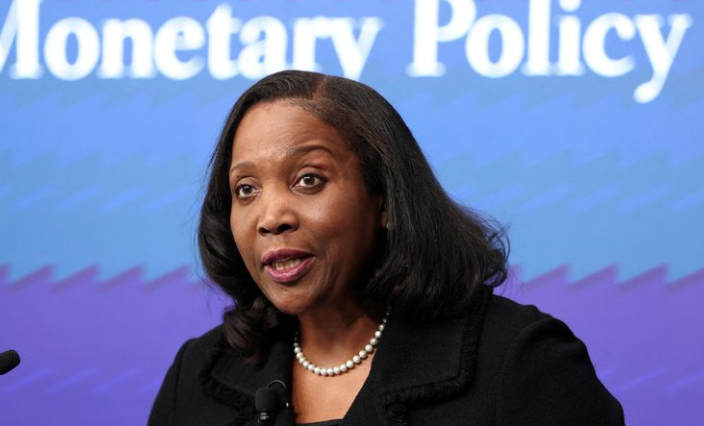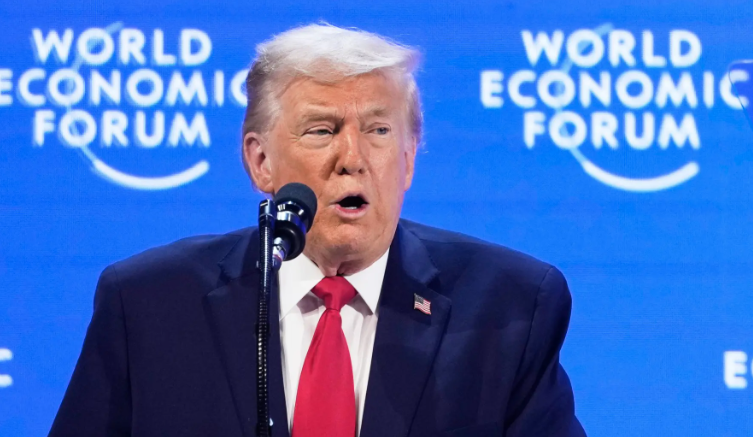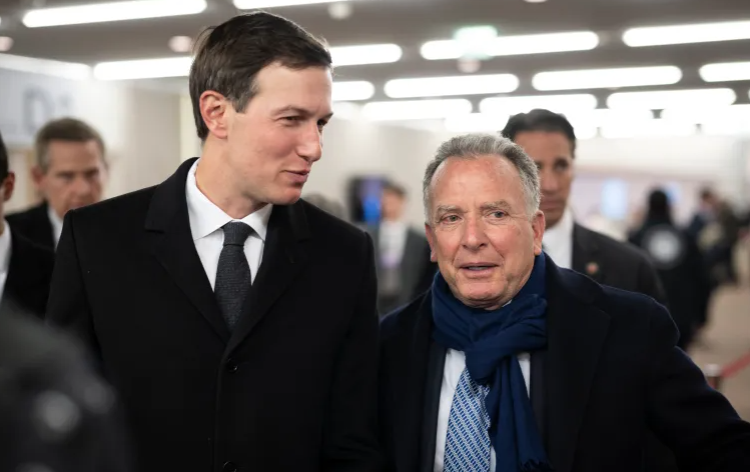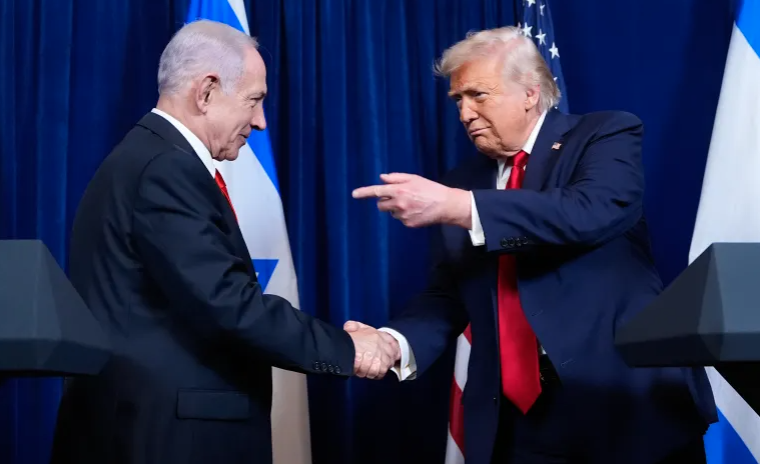WORLD NEWS
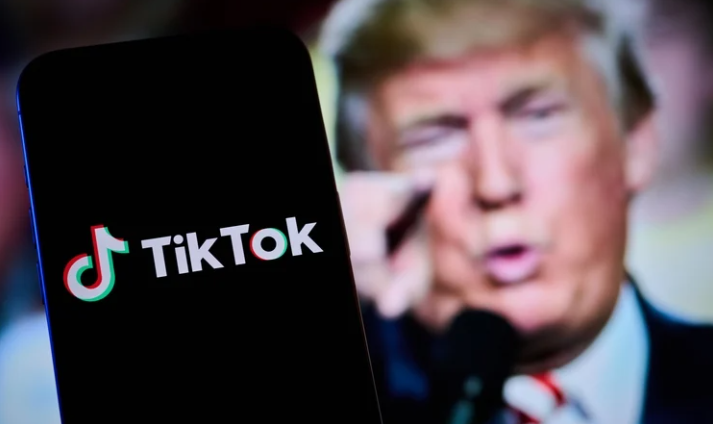
President Donald Trump signed an executive order on Monday, delaying the enforcement of the U.S. ban on popular short-video app TikTok by 75 days. The order came just days before the app, owned by Chinese company ByteDance, was set to be shuttered due to national security concerns. Trump also suggested the possibility of the U.S. government taking a 50% ownership stake in TikTok’s U.S. operations in exchange for allowing the app to continue functioning in the country.
The Legal Maneuvering and TikTok’s Status
The order capped two days of intense legal maneuvering and political drama, leaving millions of TikTok users in the U.S. uncertain about the app's fate. On Saturday, the app had been taken offline for U.S. users as a law requiring ByteDance to sell TikTok due to national security concerns went into effect. However, by Sunday, Trump announced plans to "Save TikTok," and the service was restored, thanking the outgoing president for providing assurances that business partners would not face hefty fines.
While TikTok has resumed operations in the U.S., it remains unavailable for download in the Apple and Google app stores.
Trump’s Proposal for U.S. Stake in TikTok
The executive order signed by Trump directs the U.S. Attorney General to delay enforcement of the law, allowing his team time to negotiate with ByteDance and determine the appropriate course of action. Trump’s proposal to have the U.S. government hold a 50% stake in TikTok’s U.S. operations is unprecedented, and he suggested that the U.S. should be entitled to such a stake because of the "value" the country could bring to TikTok.
Trump also warned that if Beijing does not approve the deal, there would be "no value" for TikTok, hinting at the potential for tariffs on China if the deal does not proceed.
Legal Uncertainty and Bipartisan Criticism
The legality of Trump’s executive order is unclear, as the law requiring ByteDance to divest from TikTok was passed with overwhelming bipartisan support and signed by President Joe Biden. The law does not grant Trump authority to extend the deadline unless ByteDance has binding agreements to sell the app, and it remains uncertain whether such agreements exist.
Representative Frank Pallone criticized Trump’s move, saying it circumvented national security legislation passed by Congress, further complicating the legal landscape surrounding the TikTok dispute.
U.S.-China Relations and TikTok’s Future
The debate over TikTok comes at a tense time in U.S.-China relations, with Trump indicating that he plans to impose tariffs on China but also hoping to engage in direct dialogue with Chinese leaders. China, for its part, has stated that companies should be allowed to make independent decisions regarding their operations. A spokesperson for China’s foreign ministry reiterated this stance during a regular briefing, suggesting that TikTok’s fate should be determined by business interests rather than political influence.
Impact of Trump’s Decision
Trump’s move to delay the TikTok ban marks a significant reversal from his earlier stance during his first term, when he sought to ban the app over concerns about data security and alleged ties to the Chinese government. However, with the 2024 presidential election looming, Trump has shifted his tone, crediting TikTok for helping him connect with younger voters.
The situation remains fluid, as the fate of the app and the proposed U.S. government stake in TikTok hang in the balance. The coming months will be crucial in determining whether the app will continue to operate in the U.S. and what role, if any, the U.S. government will play in its future.
